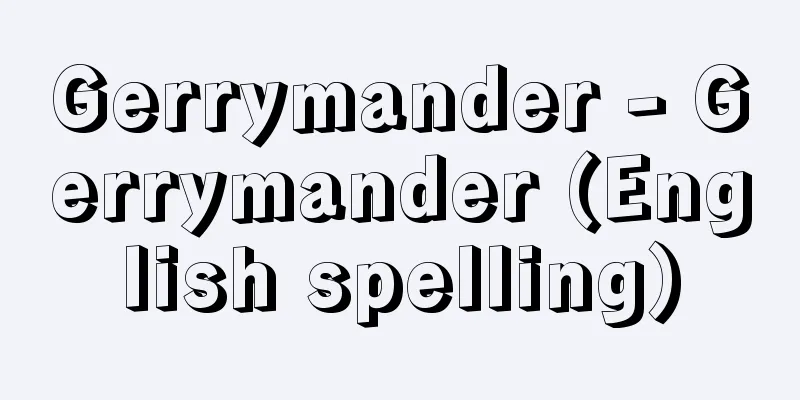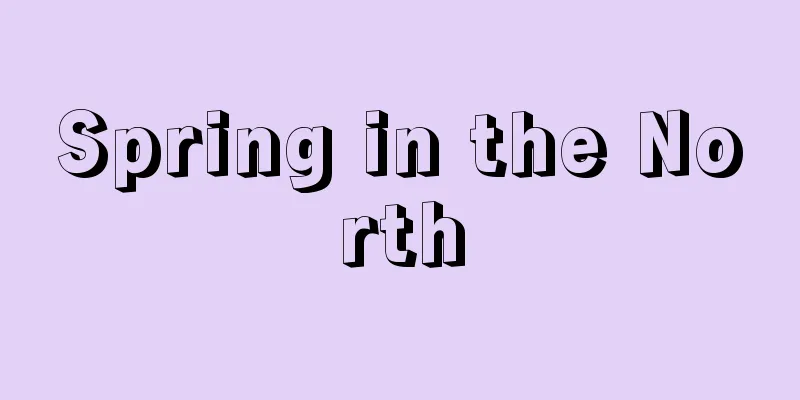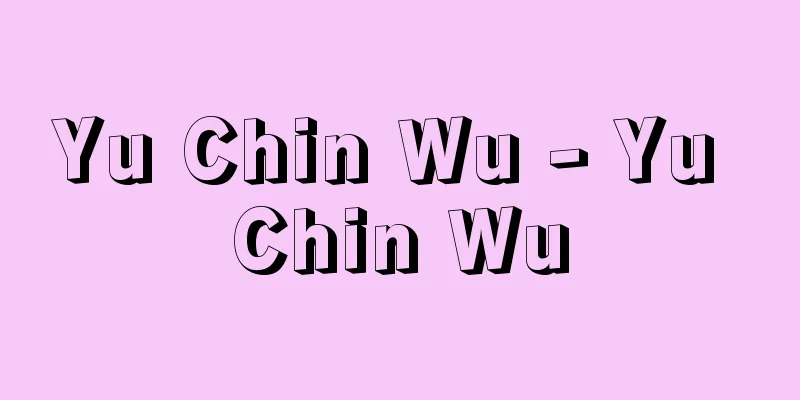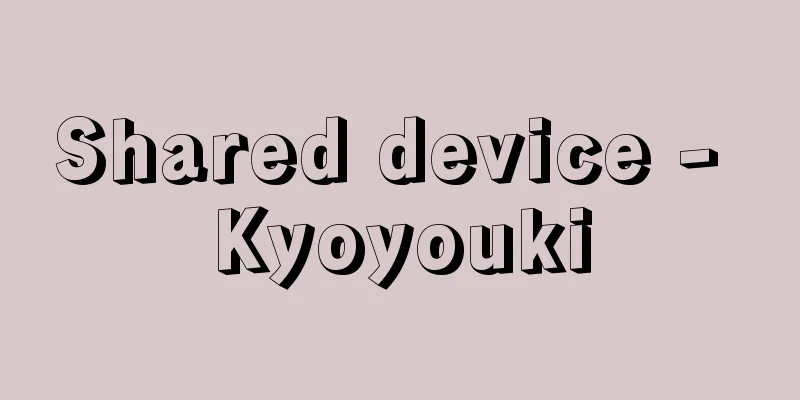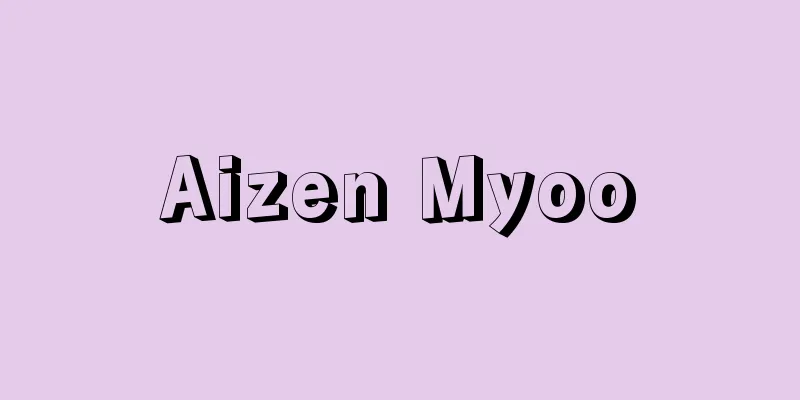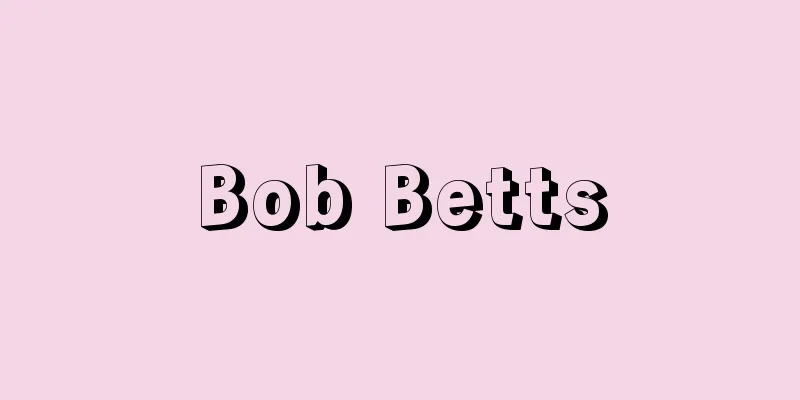Modern times
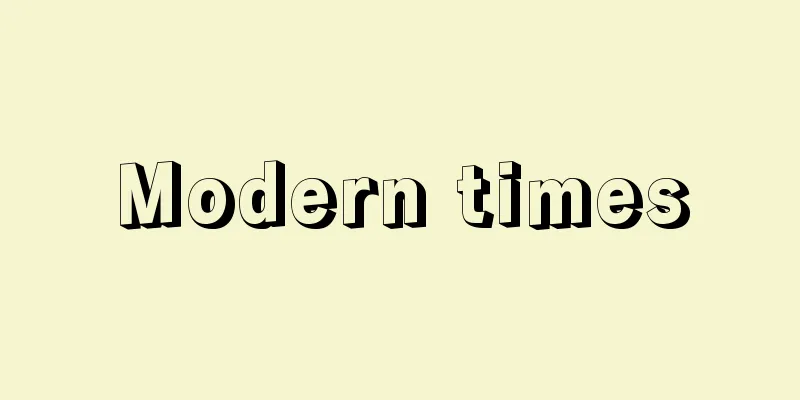
|
〘noun〙① The present world. The present age. The contemporary world. ※Fuzoku Gaho, issue 165 (1898), Jinjimon: "Customs, which changed dramatically in the early Meiji period, have, <omitted> seen repeated changes in modern times."② One period in history. In Japan, the period after the end of World War II. In a broader sense, it can also refer to the period after the Meiji Restoration. In Eastern history, the period after the Xinhai Revolution. In Western history, the period after the end of World War I. Source: The Selected Edition of the Japanese Language Dictionary About the Selected Edition of the Japanese Language Dictionary Information |
|
〘名〙① 現在の世。今の世。当世。※風俗画報‐一六五号(1898)人事門「明治初年に一変せし風俗も、〈略〉現代(ゲンダイ)に至り再三の変革を見る」② 歴史の時代区分の一つ。日本では第二次世界大戦終結後の時代。広義には明治維新以後をさすこともある。東洋史では辛亥革命以後の時代。西洋史では第一次世界大戦終結後の時代。
出典 精選版 日本国語大辞典精選版 日本国語大辞典について 情報 |
Recommend
Manizales (English spelling)
The capital of Caldas State in central-western Col...
okan'e (English spelling) okane
... In terms of language and customs, Russians in...
Nergal - Nergal (English spelling)
In Mesopotamian mythology, Nergal is the god of t...
Konzern (English spelling) German
A corporate merger is a type of comprehensive cor...
Jasminum odoratissimum
…[Murata Gen]. … *Some of the terminology that me...
Compression test
This is a type of material test that is performed...
《Vozniknovenie zhizni na zemle》 (English notation) Vozniknoveniezhizninazemle
...He was one of the first to systematically expl...
Throat - Inko
〘 noun 〙① The pharynx and larynx. Throat. [Nippo J...
Buys-Ballot, CHD (English) BuysBallotCHD
In 1842, he published a paper entitled "On t...
"Family Law and Principles" - Kahou Waten
…In 1581, he published Daigaku Shoku with the nat...
Achalasia
A condition in which the muscles of the esophagus ...
Lefkosa
…Official name: Republic of Cyprus (Kypriakí Demo...
Internship - internship (English spelling)
A student undergoes work experience at a company ...
Westminster Gaslight and Coke Company - Westminster Gaslight and Coke Company
…Founder of the city gas business. He moved to Lo...
Thassos [island] - Thassos
An island in the northern Aegean Sea, about 10 km ...
